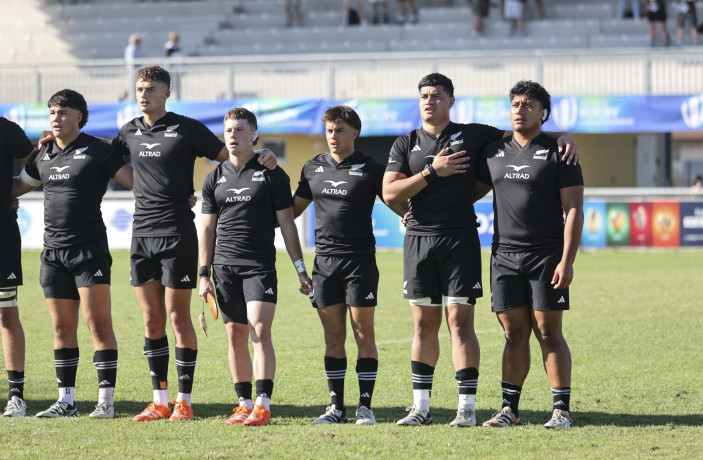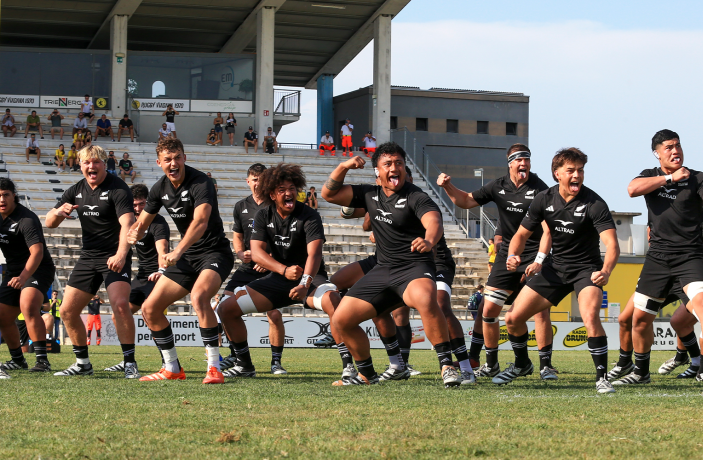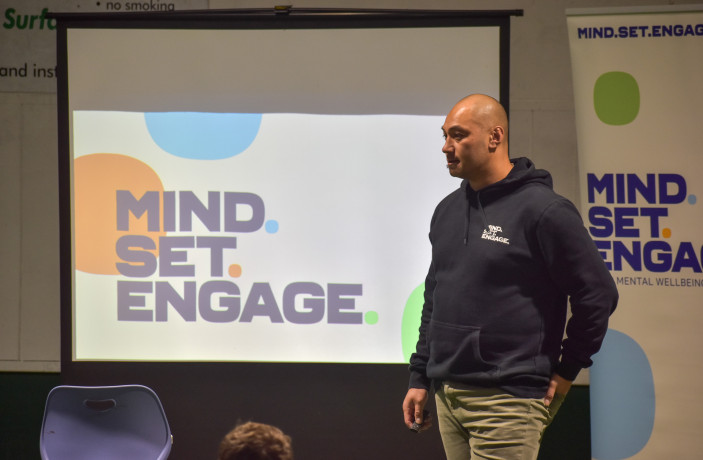HeadFirst wellbeing series: Episode two
1 May 2020Former All Black Nehe Milner-Skudder, Black Ferns Sevens star Ruby Tui and Hurricanes loose forward Du’Plessis Kirifi have shared the three key components that help them to deal with stressful situations.
The trio opened up during a live webinar, conducted in association with HeadFirst, New Zealand Rugby’s mental health and wellbeing programme, about the times that stress has affected their lives and what they did to get through those situations.
They shared some powerful stories about how they learnt how to counteract the tensions associated with stress, and how it helped them grow stronger.
Understanding stress
Tui said stress could be a mechanism for growth, and if players tackled it with a positive mindset, it could help them build mental resilience.
“The brain doesn’t actually know the difference between excitement and stress, so how you address the situation is really important,” she said.
“If you look at how a muscle is built ... you literally have to stress the muscle so much that it rips, you're tearing the muscle. And what happens is ... instead of the muscle going back to the same muscle it was or the person you were … the muscle actually grows into a bigger muscle that can handle that situation.
“Certain stresses actually force you to grow, to become strong enough to help you handle that situation," she said.
Being self-aware of personal triggers
The panel talked about how the triggers that cause feel different to everyone, and the first step to dealing with testing situations was to be able to recognise tension points.
Milner-Skudder, a 2015 Rugby World Cup winner and mental health advocate, explained, "It's important to be self-aware so you are able to just check yourself. For me, it's understanding moments of tension that's happening in my life, whether it's in a game, training, at home, out in public. Trying to just identify what is creating that tension, where it's coming from, from there I can then take a step back and figure out, ok this is how I am going to navigate my way through this.
It is being able to say is this bad or good stress. Otherwise, you can go through life on autopilot, it's not until you hit rock bottom that you actually need to make some changes or start noticing what's going on.
Kirifi spoke about the importance of maintain perspective on situations as a way of managing stress and unexpected challenges, “for me personally I like to try and put things into perspective, it helps to reassure me that maybe things aren’t as bad as I initially thought they were”.
Mental fitness techniques
Milner-Skudder talked about taking one day at a time and setting short term goals. He said that approach had helped him deal with the stresses associated with having a long-term injury as a professional rugby player.
“I remember back in 2016 doing my shoulder and having to require surgery and being out for six months. My identity at that time was just around rugby and trying to be the man, being the best rugby player I could possibly be. When that was taken away when I got told I was getting surgery and that I was going to be out for six months, in my head, I was denying it, couldn't come to terms with accepting it."
After chatting with mental skills coaches, Milner-Skudder eventually came to terms with his situation and figured out a way to get through it with a positive mindset.
“If you can just set your goal on just having targets for the week or each day, you hone your focus in on one day at a time, you [then] get a self of achievement, accomplishment when you get through that day, and that then builds momentum to carry on the following day and then each day from ," he said.
Kirifi also stressed the importance of talking about the tougher times when things may not be going your way.
“I think it’s huge, [being vulnerable] is something that is hard to do but if you’re sharing the downs as well as the ups, it allows people to relate and encourages others to think; ‘he or she got through this, I can too’.”



